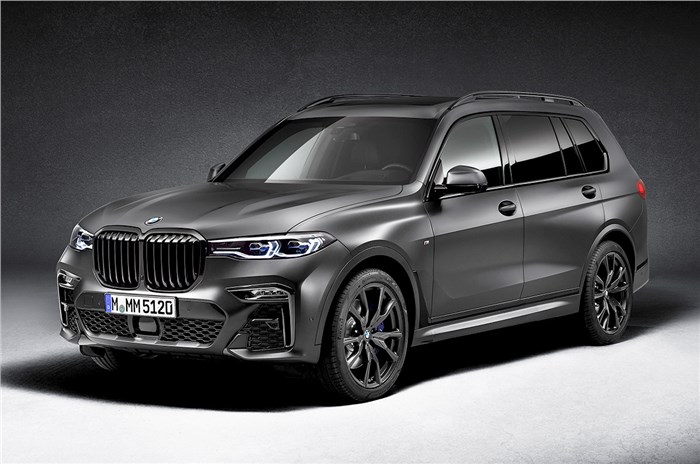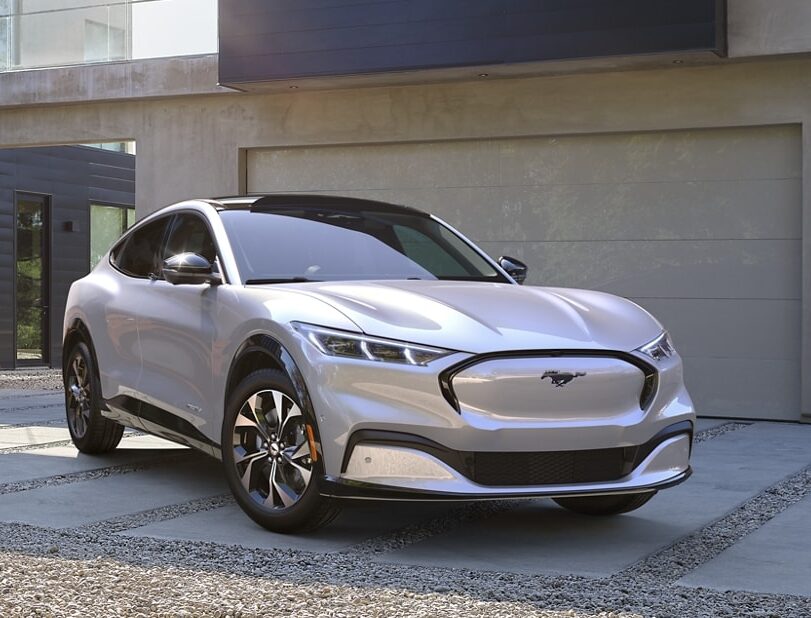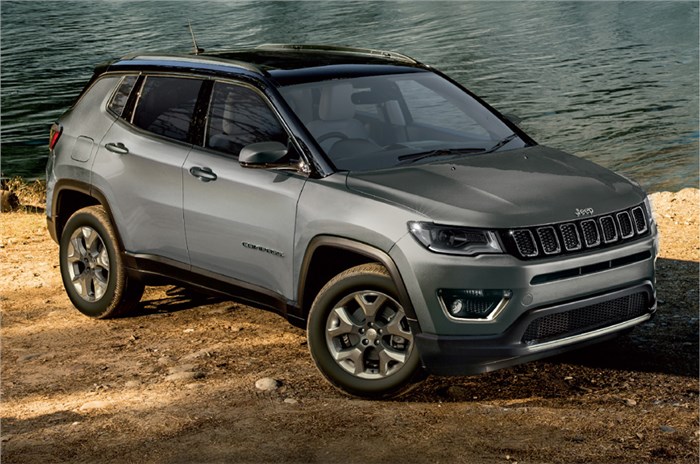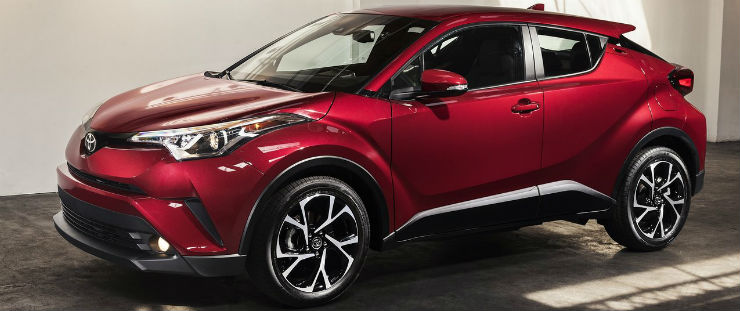The 220i, the world’s most compact BMW sedan, now comes with a petrol engine after debuting in the country with a 2.0-litre diesel late last year. The front-wheel-drive 2 Series Gran Coupe now has a 2.0-litre TwinPower turbo-petrol engine installed transversely, which shares more in common with the 1 Series (or X1) than the standard 2 Series Coupe (a la the excellent M2 Competition here in India).
The gasoline engine produces 190 horsepower and 280 pound-feet of torque, while the diesel engine produces 190 horsepower and 400 pound-feet of torque. Both engines are mated to an 8-speed Steptronic Sport automatic transmission. Only the M Sport trim of the BMW 2 Series Gran Coupe is available in petrol, while the Sport Line trim is available in diesel. So, what are the advantages and disadvantages of using gasoline over diesel in BMW’s compact sedan? The answers can be found in our road test, which includes real-world success statistics. Go here to read the complete road test analysis of the otherwise similar 2 Series diesel.
BMW 220i Gran Coupe Engine, Performance And Efficiency
Engine Performance And Efficiency Of The BMW 220i Gran Coupe
Considering the BMW 220i Gran Coupe is similar to the 220d Gran Coupe in any other aspect, the 1,998cc turbo-petrol engine gives the 220i a virtually half-second faster 0-100kmph time, with a reported 7.1s versus the diesel’s claimed 7.5s. In our testing, the 220d completed this task in 7.7 seconds, while the 220i completed it in 7.4 seconds. The increased output is shocking, particularly given the diesel’s higher torque of over 40%!
A closer examination of the spec sheet shows that the 2 Series Gran Coupe petrol’s 190PS peak occurs at 5,000 revs, while its 280Nm peak occurs between 1,350 and 4,600 revs. The diesel, on the other hand, achieves the same peak power at 4,000rpm, but its peak torque of 400Nm is produced in a narrower range, between 1,750 and 2,500rpm. The disparity seems to be explained by the front axle’s relative ease of handling the lower torque. We claim relative because, considering BMW’s ARB technology, which is derived from the i3 and constantly tracks wheel slip and changes the power metered out accordingly, the petrol 2 Series Gran Coupe doesn’t completely avoid the perils of a powerful front-wheel-drive car in the same effortless way we’ve seen other high-power FWDs handle, for example.
The BMW method is very fantastic in principle. Through putting the slip controller in the engine control unit rather than the Dynamic Stability Control (DSC) control unit, the signal path is cut in half, allowing information to be relayed up to three times faster, allowing for faster response times to wheelspin and reducing understeer under acceleration without requiring the DSC to interfere. In practise, any time you press your foot down on the throttle, you’ll feel a pull at the steering wheel, particularly at lower speeds. It can be disconcerting before you adjust your driving style to be much more fluid and smooth than you usually are when requesting an overtake. The 220i Gran Coupe, on the other hand, is plenty fast here, with roll-on times floating about 1.5 seconds (in 30-50kmph and 50-70kmph metrics), implying a more powerful vehicle.
With full throttle pulled aside, the powertrain may be as eager or comfortable as you want it to be, depending on whether you’re in the Eco, Comfort, or Sport drive modes; however, regardless of drive mode, the gearbox’s Sport mode, activated by shifting the lever left, can provide the kind of response you want when you really ask for it. At standard city speeds, there’s plenty of torque available in the rev range, but the engine feels like it’s gathering steam above 2,500rpm. This engine has a fantastic tone. And as you approach the 6,500rpm redline, the note just gets sweeter, but you’ll soon find yourself short shifting about 3,500 revs to keep it smooth, since the front wheels are still a little light under control. As driven normally in the area, the 2GC petrol returned 11.1 kmpl, only slightly improving to 12.3 kmpl at a steady 100 kmph on the highway with the engine turning at about 1,600 revs, rising to just under 2,000 revs at 120 kmph.
BMW 220i Gran Coupe Ride And Handling
With marginally less weight over that crucial front axle, the 2 Series Gran Coupe petrol has a more agile feel, and you can sense the package’s compactness when compared to, say, a 3 Series. The car does a fine job of isolating the cabin from anomalies, paved-over parts, and the like on most highways.
Though, on the 225/45 segment of the Bridgestone Turanzas, you can feel the underlying firmness that comes with a low profile tyre, especially in the way it handles sharper edges of potholes, which we will also avoid with this section of tyre. The mix of comfort and body control seems to be about where you’d expect it to be for a mildly sporty sedan of its size, but it lacks the plushness of its larger counterpart, or even the X1.
It does, however, have the versatility we mentioned, giving it a leg up on the X1, for example. Though customising the steering made for a better experience, leaving the drivetrain in Comfort for a slightly less eager drivetrain that was also easier to modulate made for a slightly less eager drivetrain that was also easier to modulate.
BMW 220i Gran Coupe Verdict
It’s still the same old “Shouldn’t you just get a 3 Series for the money?” debate. However, the X1 makes a strong argument for itself in this category, with potentially even better offers available given the package’s age. The 2 Series Gran Coupe starts to look like an ask at Rs 48.67 lakh (on lane, Mumbai), a price tag that approaches the bigger, more luxurious 3 Series in its base Sport trim. It does, though, have innovation and a comprehensive feature list on its hand, so if those are more relevant to you, it may be a decent option, but only if the scale of the standard 3 Series intimidates you.




